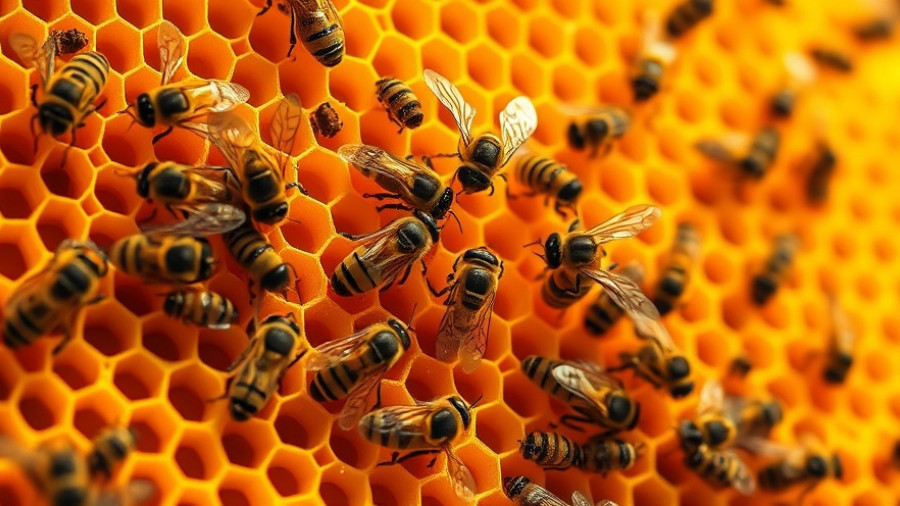
Can Humans and Bots Coexist on the Internet?
The era of artificial intelligence (AI) is reshaping the digital landscape, raising significant questions about the dynamics between humans and bots using the same Internet resources. Wikipedia, one of the world’s largest knowledge bases, faces a pressing existential crisis due to overwhelming bot traffic, which currently accounts for about 65% of its total data consumption. As this shift underscores, the reliance on automated systems is becoming problematic for platforms deeply rooted in human contribution.
The Bot Traffic Surge: Implications for Knowledge Sharing
Content scraping—the automated extraction of data by bots—is not a new phenomenon, but it has recently reached unprecedented levels. With the rise of AI-driven applications that leverage Wikipedia as a core information source, the foundation is experiencing a 50% increase in bandwidth usage for multimedia resources. As a result, active human editors are potentially losing out on recognition and funding opportunities due to decreased traffic driven by AI summaries that reduce actual visits to the site.
Quality of Knowledge: The Role of Clean Data
As bots prioritize content scraping, the question arises—how does this affect the **quality of knowledge** shared online? Wikipedia’s data serves as foundational material for many AI models. Collaborating with tech giants like IBM, the organization aims to improve the structure and annotations of its data. This notion posits that clean, well-annotated data is pivotal for generating quality AI outputs, an assertion echoed by experts who advocate for effective data practices in AI model training.
Wikimedia Enterprise: A New Business Model for Sustainability
In response to these challenges, Wikipedia has initiated a commercial service called Wikimedia Enterprise, designed to provide tailored API access to commercial users, ensuring sustainability in the face of high demand from AI applications. This venture embodies a vital transition for Wikipedia, balancing free access to knowledge with the necessary revenue streams to maintain its infrastructure.
The Future of Internet Access: Balancing Human Needs and Bot Presence
As we move forward in an increasingly automated landscape, striking a balance will be key. The Wikimedia Foundation has advocated for responsible bot behavior, considering new policies to moderate scraping without stifling creativity or innovation. It remains clear that without proactive measures, both bots and human contributors risk becoming entrenched adversaries in the pursuit of knowledge.
In light of these developments, it's crucial for all stakeholders—content creators, platform managers, and users—to engage in conversations about responsibility and integrity in content sharing. Recognizing the real human efforts behind the information shared online becomes an essential part of preserving the integrity of our knowledge systems.
Now is the time for organizations like Wikipedia to inspire users to actively seek knowledge sources, click through to the original material, and support the volunteers who populate these platforms. Educate yourself on the importance of content sourcing—help ensure that human knowledge continues to thrive in the digital age.
 Add Row
Add Row  Add
Add 




Write A Comment